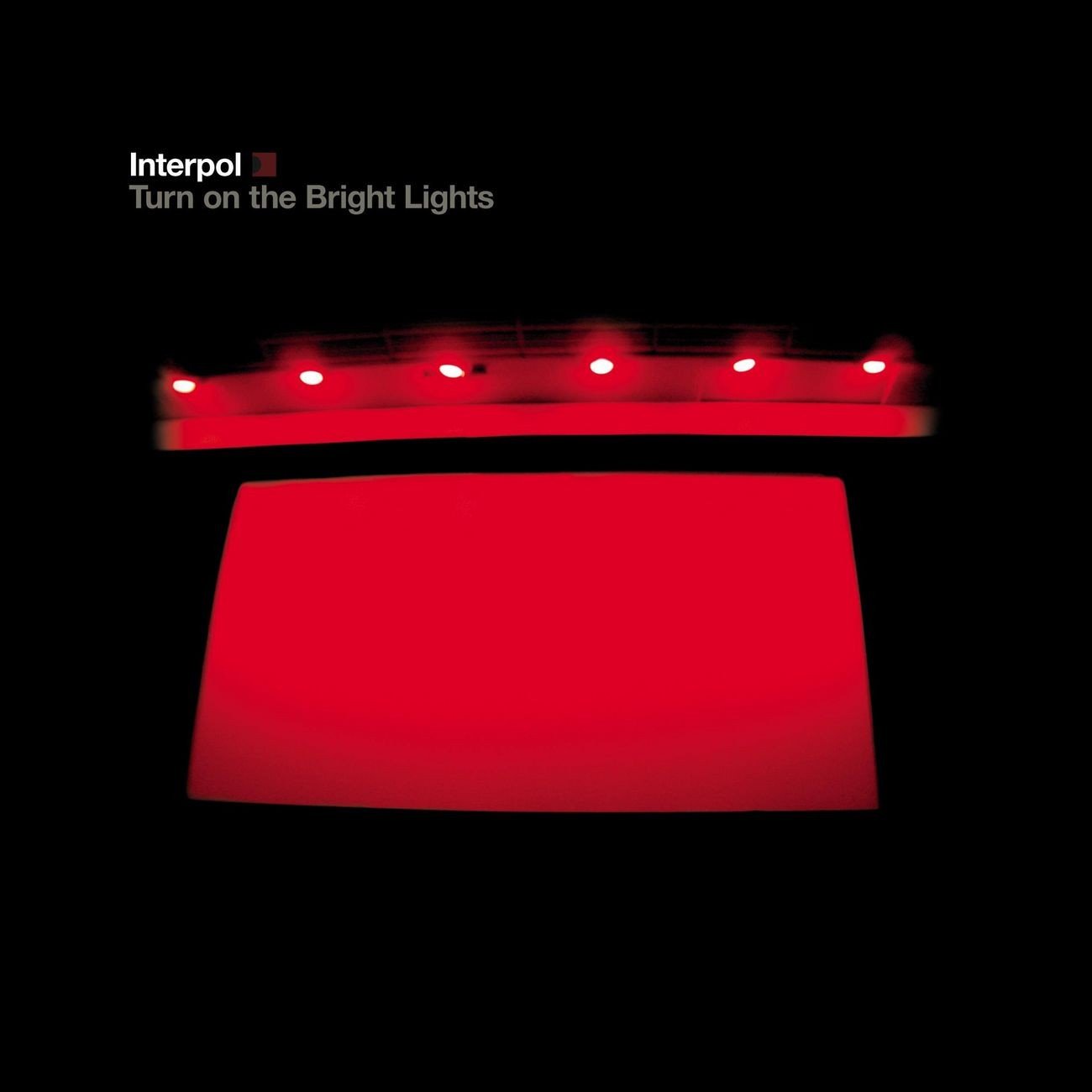Interpol’s ‘Turn On The Bright Lights’ Turns 15


Hailing from the midst of the early-2000’s NYC post-punk revival scene, Turn On The Bright Lights was released in the U.S. on Aug. 20, 2002–from a band not many seemingly knew anything about, lost in the shuffle of other more notable bands from New York like Yeah Yeah Yeahs, The Walkmen and of course, The Strokes. When the album first came out I was only eight–so it took me a few years to really discover–which I owe completely to my mother–however, all these years later it’s the only record that consistently, without fail, from the opening rolling bass and saturated guitar echo in “Untitled” to the coming-down feeling of its closer “Leif Erikson,” makes me feel safe, calm and less alone in these feelings.
As I said, Interpol emerged from the same New York-depths that their peers did–all with vaguely similar qualities in style: dark, but danceable; guitar-driven but aerial; catchy but ominous. However, Interpol’s full-length debut offered something different–it’s filled with emotional disconnect: it’s both happy and sad, it’s paradoxical–confident and insecure–filled with passion and complete apathy and driven by intimate catharsis. It’s me.
It’s themes, which I’ll explain more on, are only an added quality that make the album so superb. The feelings are heightened by the album’s masterfully crafted musicianship–from jangling guitars to rhythmic tonal shifts to jarring energy and killer hooks. You have Carlo D’s repeating bass lines meeting Sam Fogarino’s assertive drumming and Daniel Kessler’s ethereal contributions, all then weaved together by frontman Paul Banks’ Ian Curtis-like low register coos. Turn On The Bright Lights is a powerful and incredibly impactful album.

I was diagnosed with Bipolar Disorder and PTSD when I was 19, and even before then, the album and its 11-tracks felt like a place of solace for me. It wasn’t until recently however that I discovered why–I had a less than traditional upbringing that shaped me in some curious ways, and although music has always been my safe-place, a way to maneuver feelings and thoughts and emotions that I was too afraid to handle alone, there has always been something about TOBL that felt slightly different, slightly more powerful.
Turn On The Bright Lights was able to steer me, pre-diagnosis when I had no idea what was going on with my mind and feelings, and it’s been there post-diagnosis as I learn to cope with my emotions and how my mind works. The album makes me feel like it’s okay to feel things just a little too intensely.
The entire album mirrors a nervous breakdown, one I’m familiar with. Seeming calm and cool on the outside, while on the inside you’re drowning in personality-based anxieties. Each song isn’t slow or downtrodden, on the contrary, each song is power-driven and urging–filled with inexplicable energy that embraces the paranoia and insecurities that come with a nervous breakdown and somehow manages to make them cool–the record is an upbeat darkness that I really relate to.
In one of my favorite tracks on the album, “NYC,” Banks mournfully sings, “I had seven faces, thought I knew which one to wear/I’m sick of spending each lonely night, training myself not to care,” perfectly describing the daily struggle of the overly-sensitive. When I first listened to the record and discovered that it was able to calm me down in the midst of one of my own personal breakdowns, I wasn’t aware it was because the album was made for (and by) people like me: the sensitively hip, who battle this contradictory pressure to be cool and not give a shit, while having this desire to express sincerely one’s own doubts, frustrations and outlooks on the world.
Turn On The Bright Lights is about the fear of modern-living–the anxieties of just existing. It’s one giant nervous breakdown in musical-form, backed with bleak melody, serrated riffs and atmospheric percussion at every corner. It begins with harsh and subdued outbursts of aggression and ends with that anger dissipating, leaving only a conclusive end of a breakdown with a calm and peaceful sense of acceptance and complacency.
To this day, whenever I feel afraid or anxious or am completely overwhelmed by just existing, I put this record on. It makes me feel less alone, less weird, more okay and more “normal.” It’s an album driven by catharsis and it’s my favorite of all time. Happy 15th birthday, Turn On The Bright Lights.



